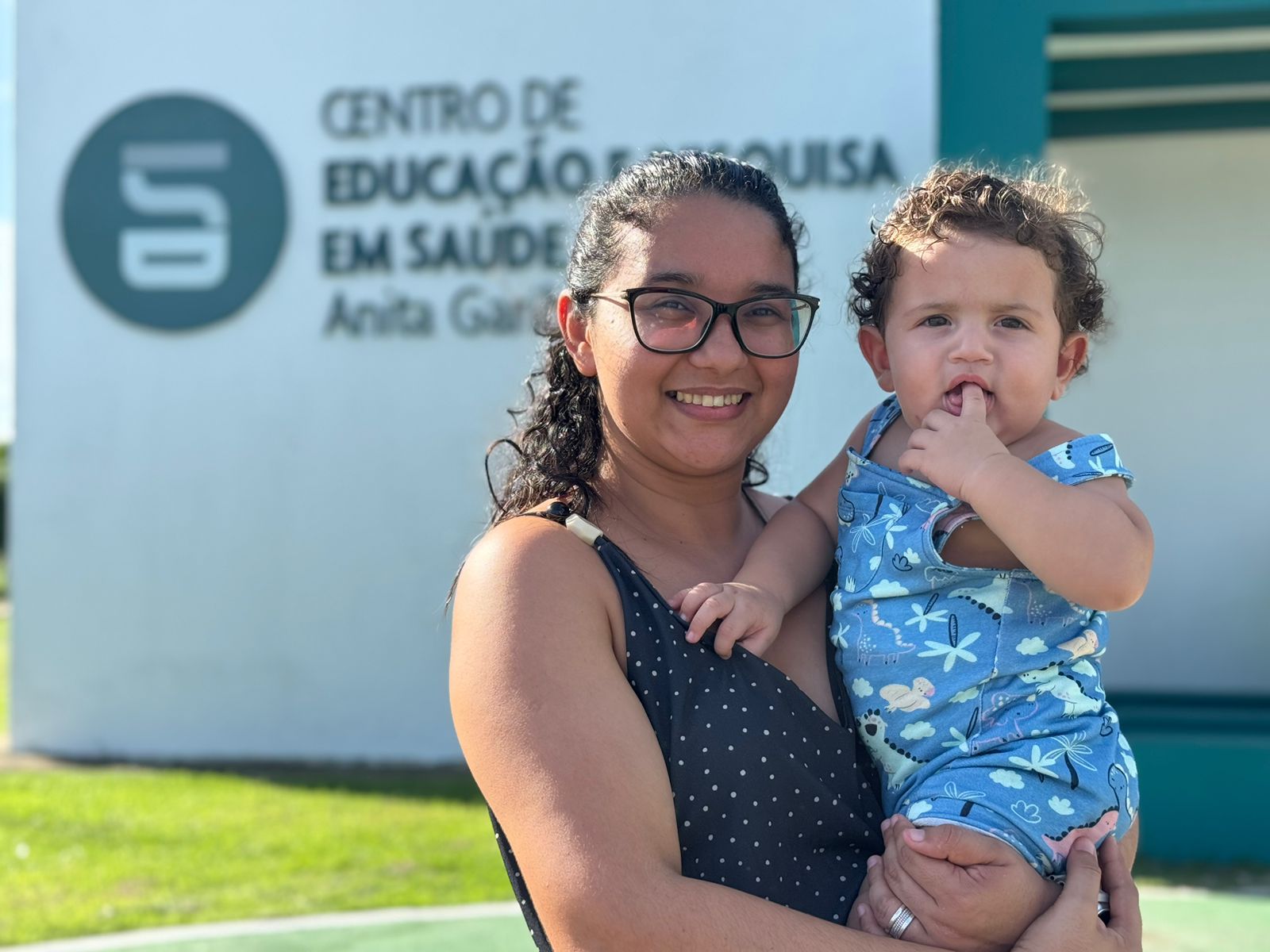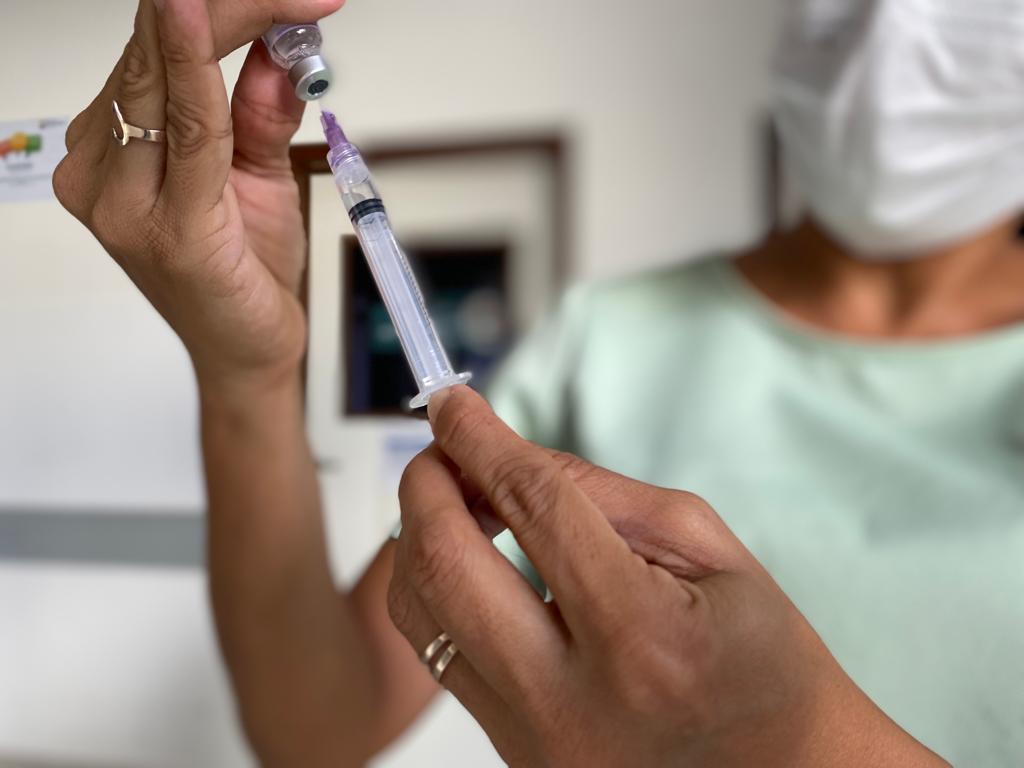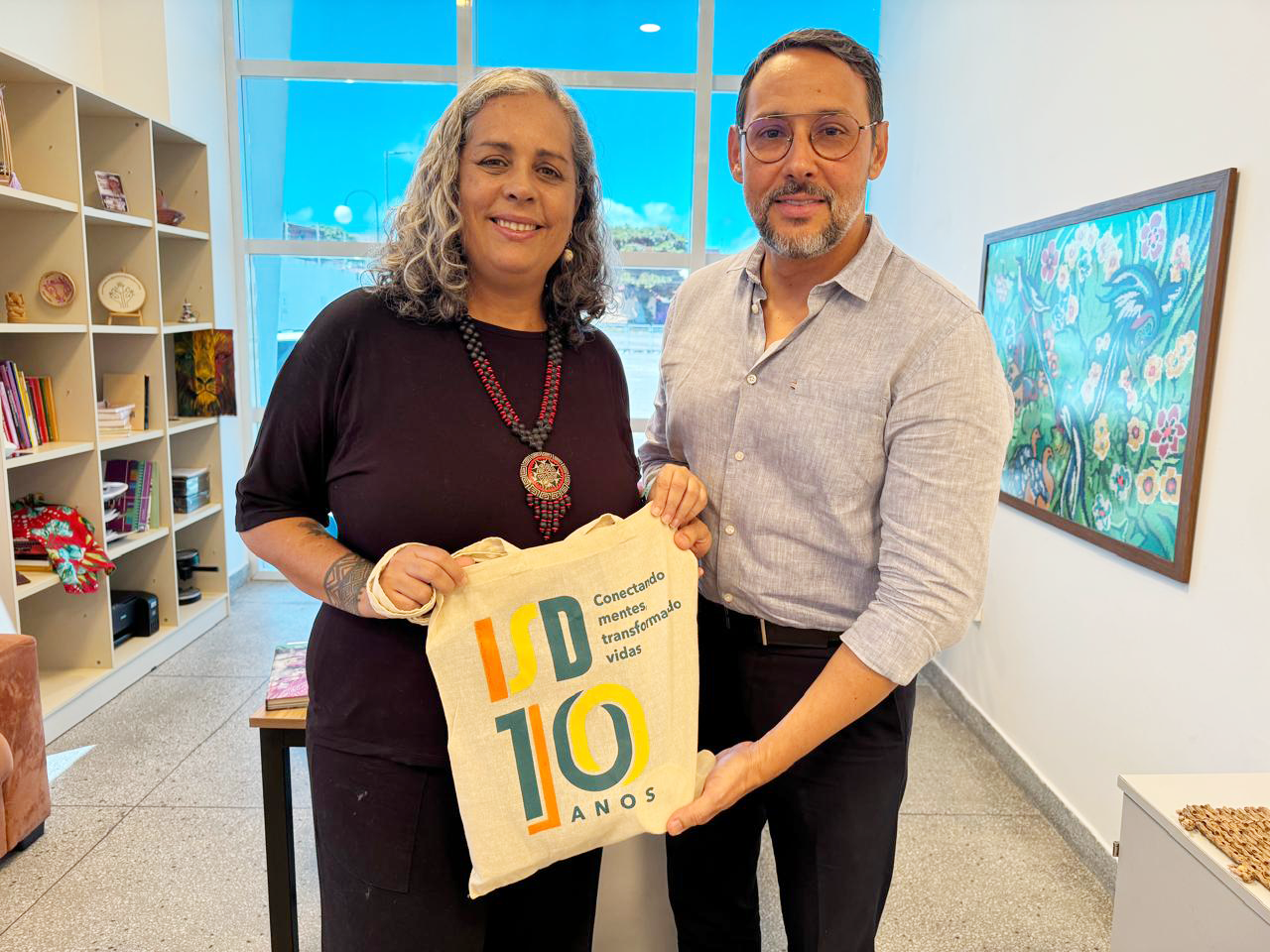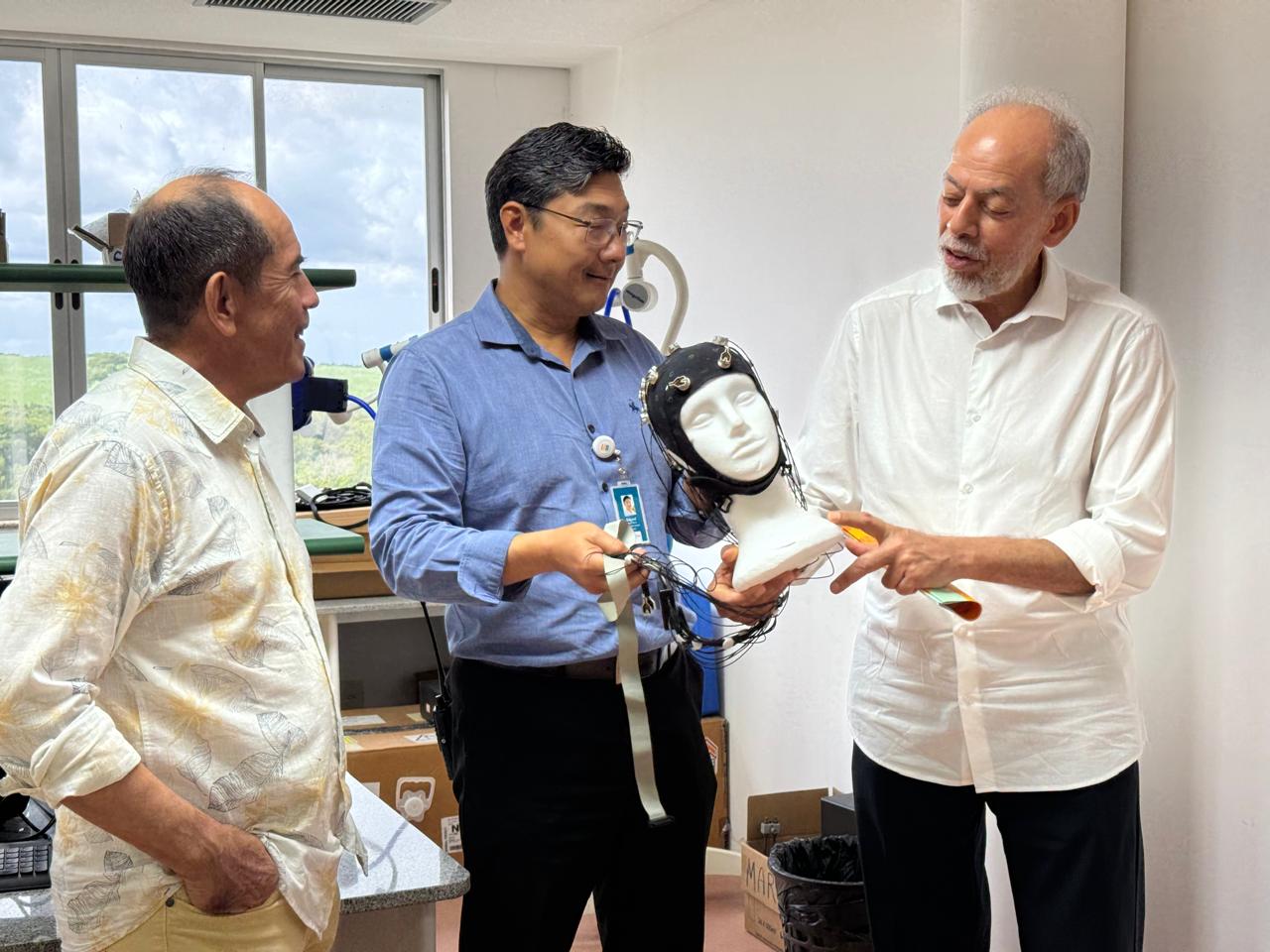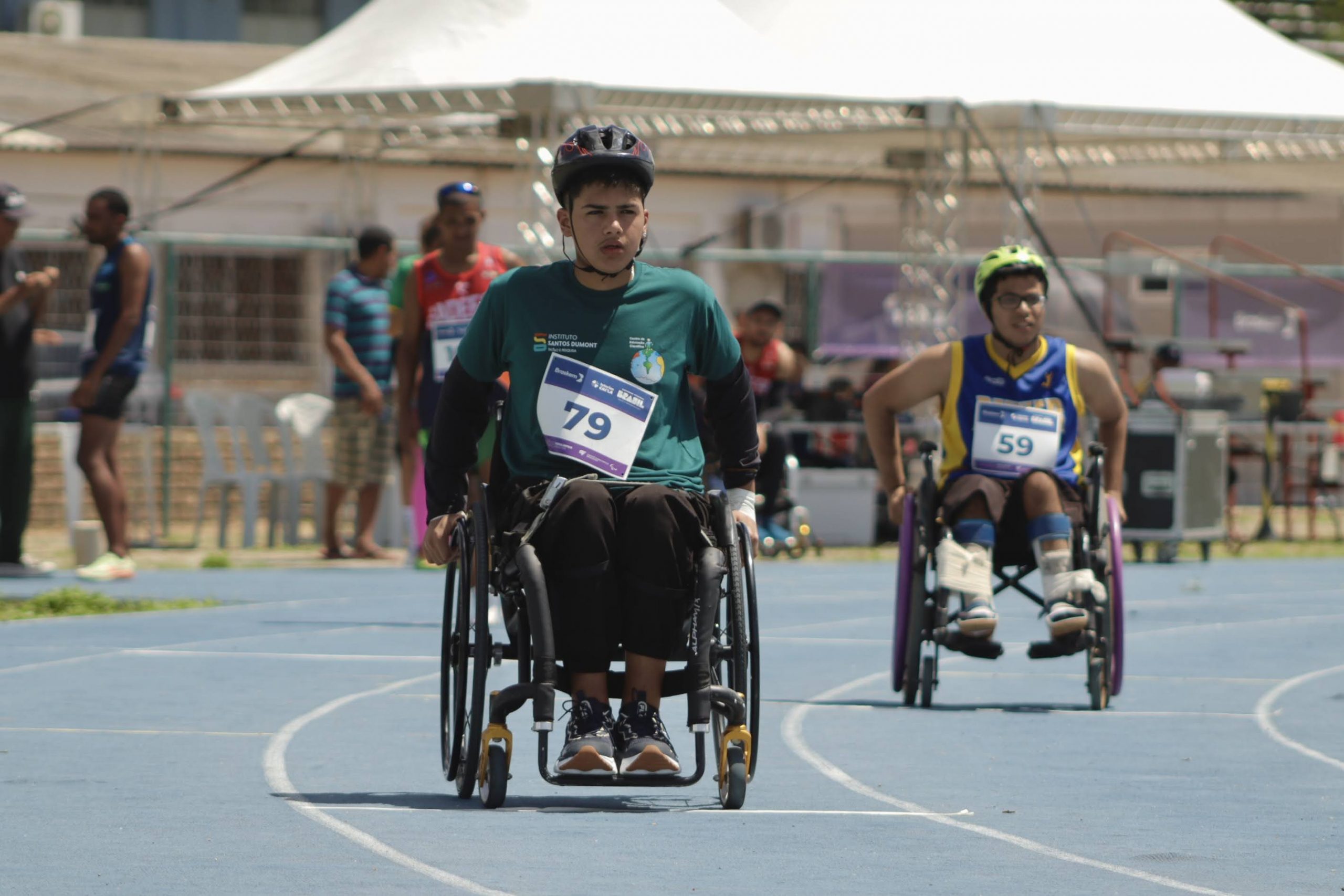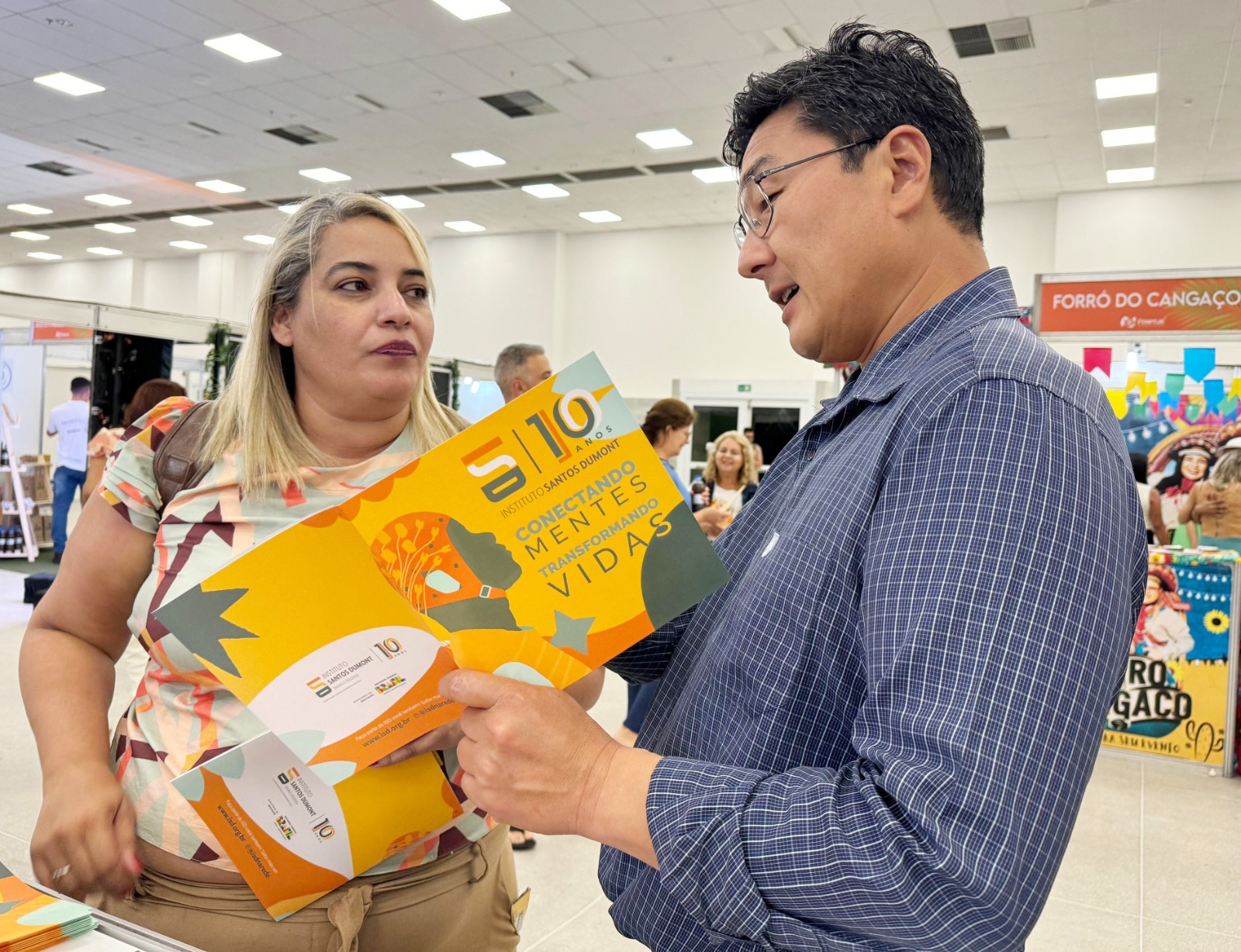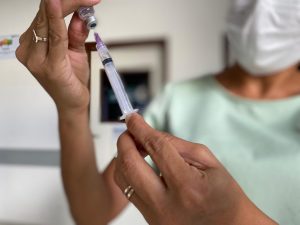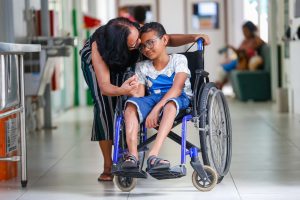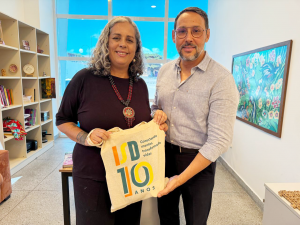[column width=”1/1″ last=”true” title=”” title_type=”single” divider=”false” implicit=”true”]
27/07/2016
Text: Luiz Paulo Juttel – Ascom ISD
Photos: Ariane Mondo – Ascom ISD
Imagine the following situation: it's three o'clock in the morning, you've gone out to have fun with your friends and you need to take a taxi home. When waving, two taxi drivers pull over at the same time. The cars are the same model and year and both taxi drivers are experienced in their duties. The only difference between them is that one works for a company that requires its drivers to take pills to increase alertness and alertness, while the other does not. Which would you choose and why?
This complex question opened the speech of the professor at University of North Carolina, (USA), Jon Lepofsky, at the Edmond and Lily Safra International Institute of Neuroscience (IIN-ELS), in Macaíba-RN. Lepofsky teaches neuroethics to high school students at Carolina Friends School, through the analysis of case studies and the development of experiments. He came to Brazil to see good examples of teaching and research related to his area of expertise and to share his experience in the classroom, where students explore issues of ethics, identity, citizenship and power.
In the lecture entitled “Teaching Neuroethics with Case Studies: Introducing Students to Neuroscience and its Implications for Society”, Lepofsky reported that a subject that arouses the interest of students are products to improve the brain's cognitive functions, such as pills that promise to increase attention, memory or learning. He works with case studies, such as the one at the beginning of this article, to lead to reflection on cognitive processes involved in decision-making, awareness and other attributes related to self-knowledge. The objective is to raise discussions in the classroom about the difference between therapy and improvement, the importance of technology and the responsibility for the safety and results of the consumption of these products that tend to spread in the near future.
According to Lepofsky, the subjects of neuroethics that students are interested in teaching are related to their understanding of themselves and the connection with their personalities, decision-making and moralities. “Neuroethics addresses questions about the biological underpinnings of our lives and the ways in which our nature is shaped by the environment in which we live, as well as the intersections between genes, brains, bodies and environments that come together to form who we are”, explains Lepofsky. The teacher also says that it is important to teach neuroethics in high school because what was considered science fiction has increasingly become scientific fact (see video below).
After his lecture at the IIN-ELS, Lepofsky visited other units of the Santos Dumont Institute: O Anita Garibaldi Health Education and Research Center (CEPS) and the Science Education Centers (CECs). In his letter of thanks, the professor said he was impressed by the way in which neuroscience is used by the ISD to improve health and change people's lives, as well as by the exemplary actions that aim to expand access to ideas and resources, especially in poor areas of Brazil.
As an enthusiast of the work of the Brazilian educator Paulo Freire, Lepofsky said he saw Freire's legacy materialize in the work done by ISD in Rio Grande do Norte, mainly in the science education system that "empowers children to work together and address real-world problems through science". This serves as an inspiration to educators in both Brazil and the United States.
[/column]
[blank h=”30″]
[/blank]
[column width=”1/3″ title=”” title_type=”single” divider=”false” implicit=”true”]
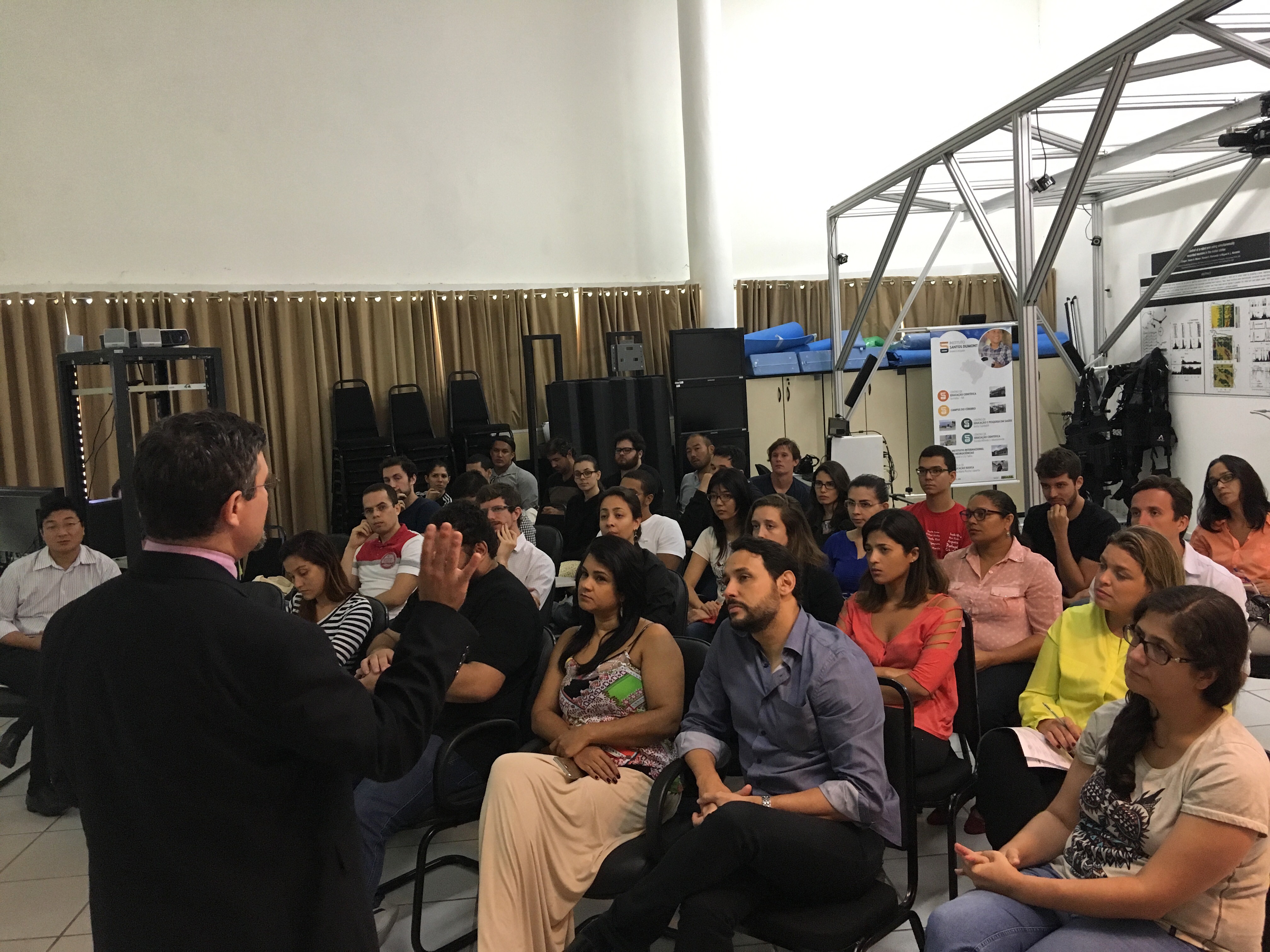
[/column]
[column width=”1/3″ title=”” title_type=”single” divider=”false” implicit=”true”]
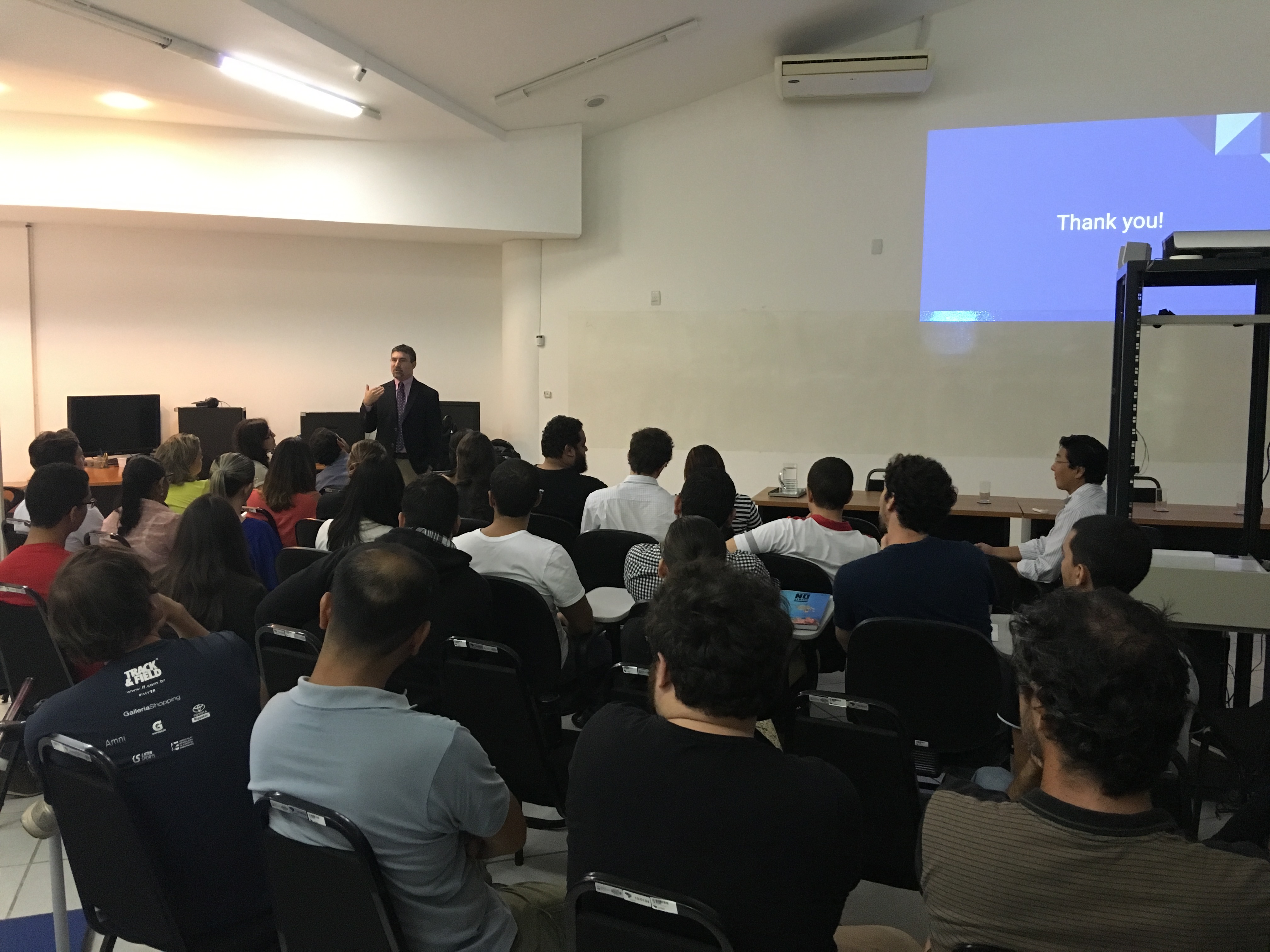
[/column]
[column width=”1/3″ last=”true” title=”” title_type=”single” divider=”false” implicit=”true”]
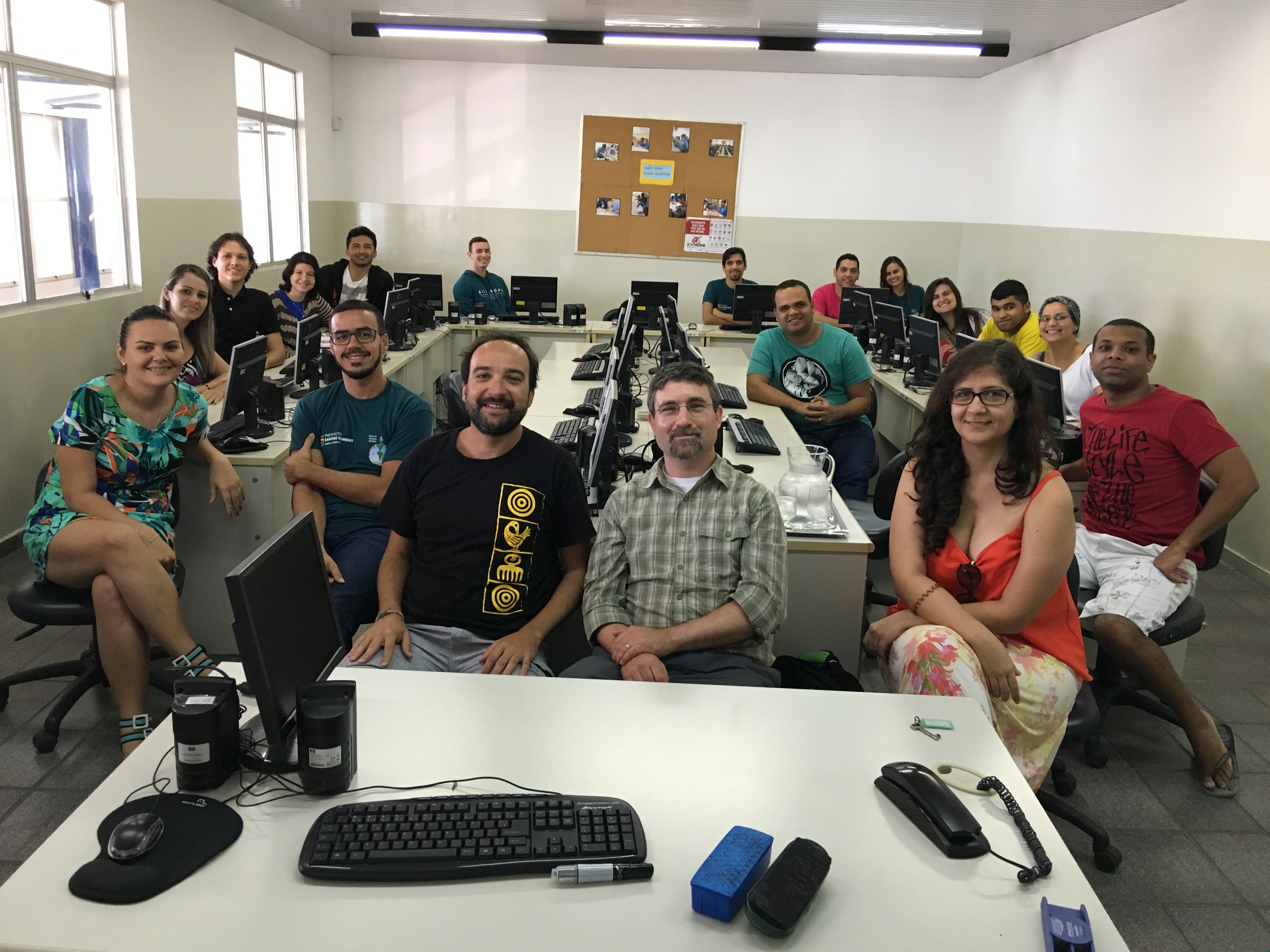
[/column]

